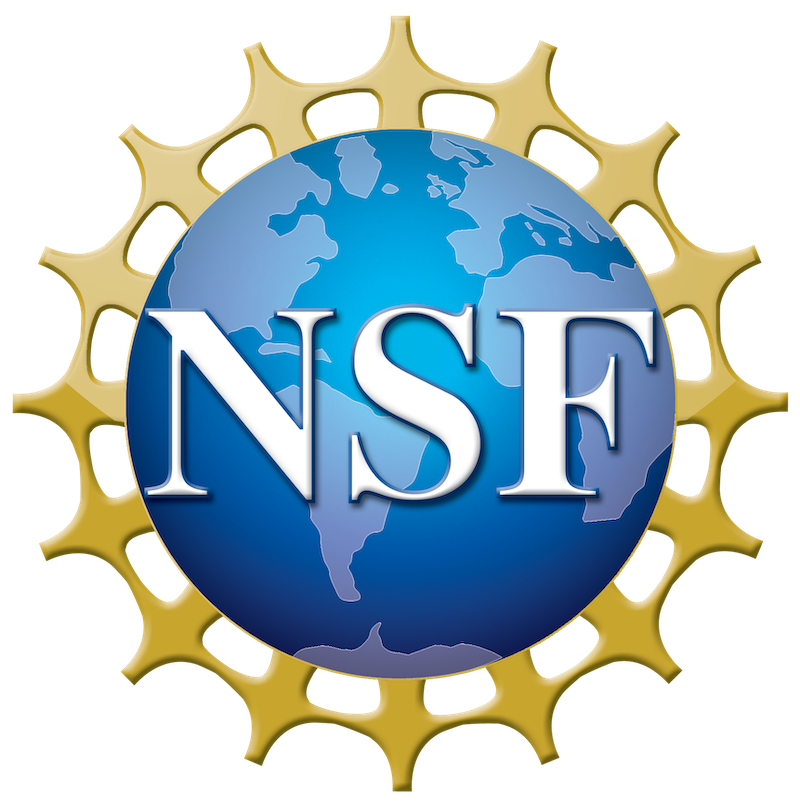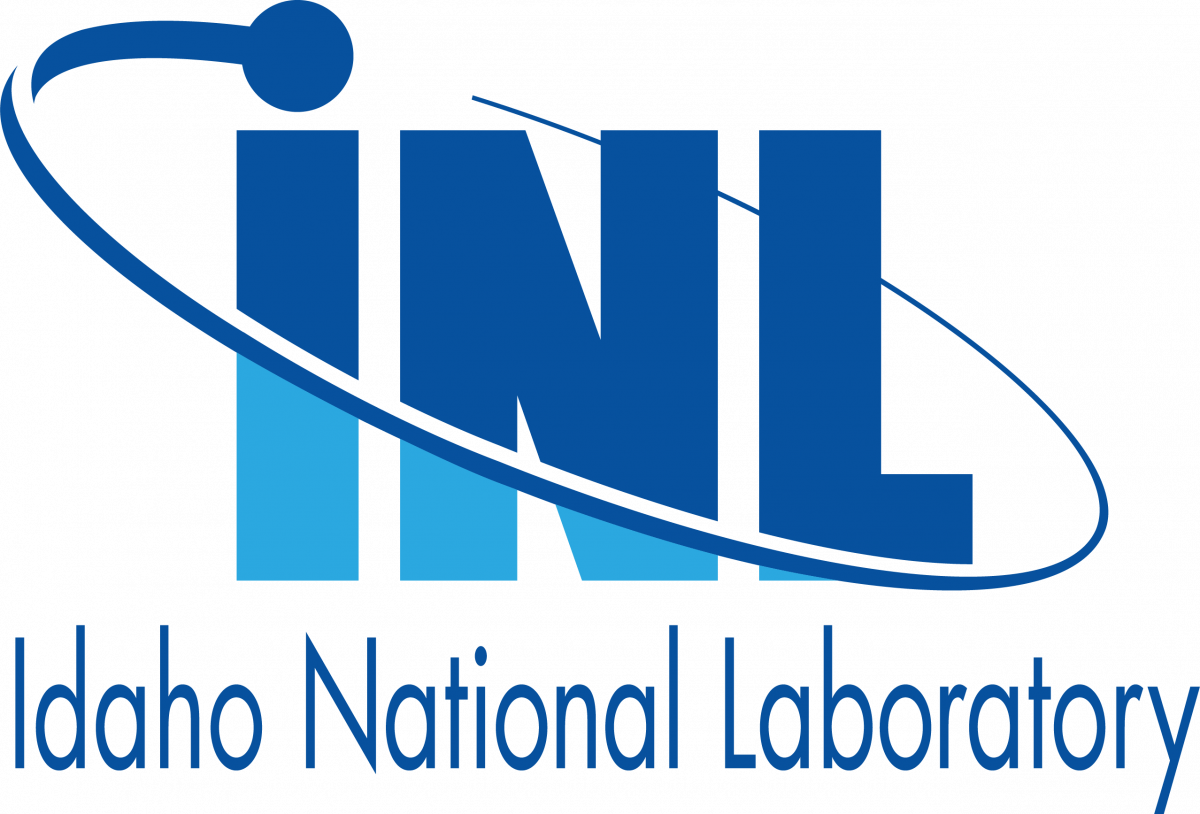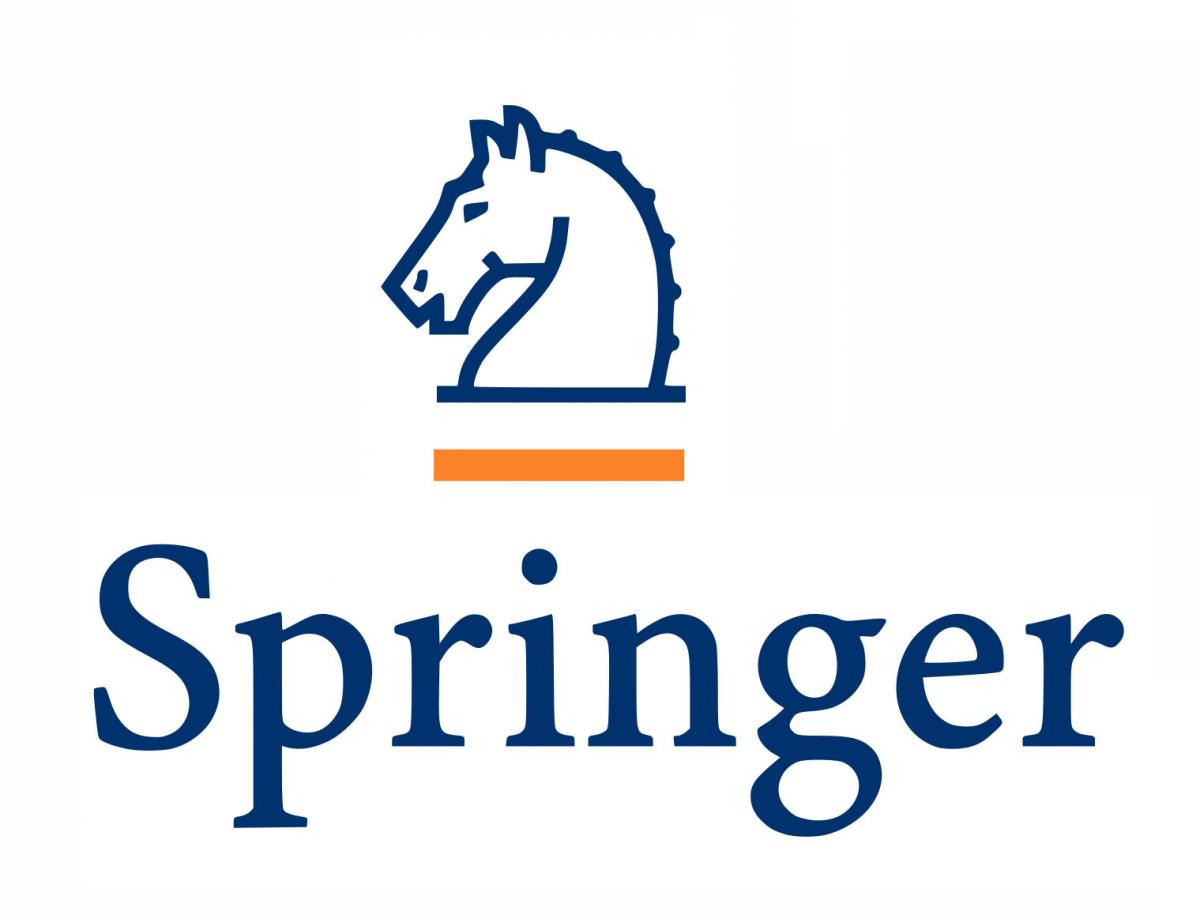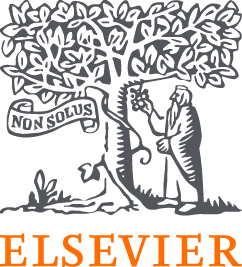Franck Ledoux, CEA
Steven Owen, Sandia National Laboratories
Matthew Staten, Sandia National Laboratories
Automatic unstructured mesh generation continues to be a vital technology in numerical simulations. While computing and solver technology advance and modeling requirements become more precise, the automatic generation of suitable meshes for complex configurations constitutes a principal bottleneck in the simulation workflow process. It remains a very-time consuming task for many engineers around the world. The symposium on Trends in Unstructured Mesh Generation, or MeshTrends for short, focuses on the mesh generation process for numerical simulation purposes. It is a forum for exploring and synthesizing many of the technologies needed to develop a computational grid suitable for simulation. This symposium promotes bringing together top researchers and practitioners in academia, government, and industry from around the world to exchange and network in the broad field of meshing and geometry for computational mechanics.
Engineers and researchers are invited to submit abstracts on the following topics:
- Mesh generation algorithms: including theoretical foundations and new algorithms for automatic methods for linear and high order tet, hex and polyhedral methods.
- Application of Artificial Intelligence and Machine Learning to solve meshing problems.
- Parallel and scalable algorithms: including methods for generating and managing mesh and geometry for massively parallel systems.
- Meshing tools and applications: including commercial meshing tools and their application to current problems in industry.
- Multiphysics meshing issues: including tools and methods for managing meshing and geometry for mutiscale, mutliphysics applications.
- Infrastructure and tools for meshing: including APIs and tools for managing and interfacing meshing tools.
- Adaptive meshing tools and applications: including tools and methods for adaptively modifying mesh and geometry based on run-time results or optimization parameters.
- Meshing and CAD Geometry: including tools and methods for properly interacting with CAD geometry, and when needed to characterizing and resolve geometry problems to ensure the reliable generation of controlled meshes.
In addition to the MeshTrends23 symposium, the organizing committee will select some works that will have been presented at the symposium for proposing an extending version a journal special edition of MeshTrends23 with per-review process.











